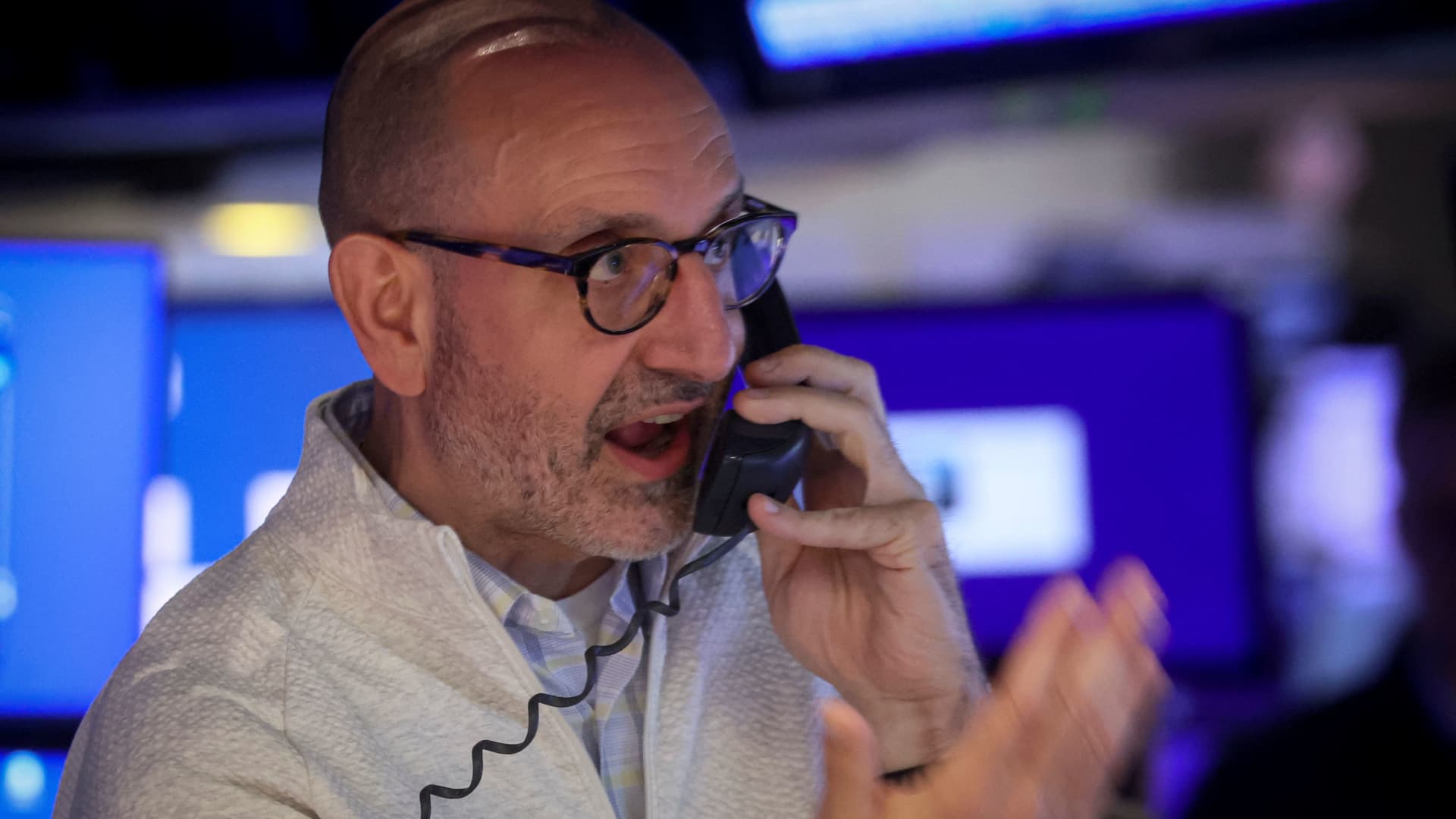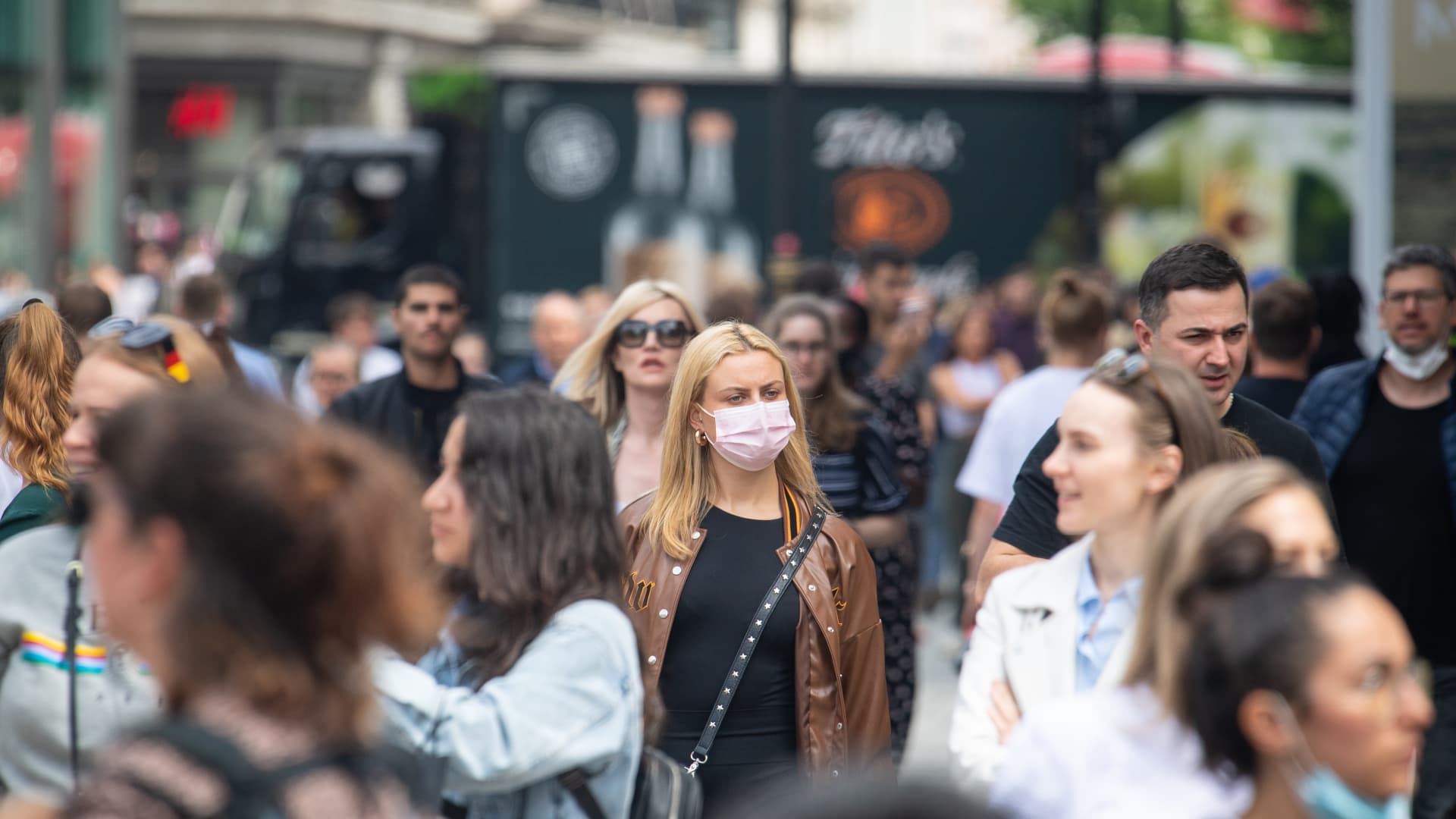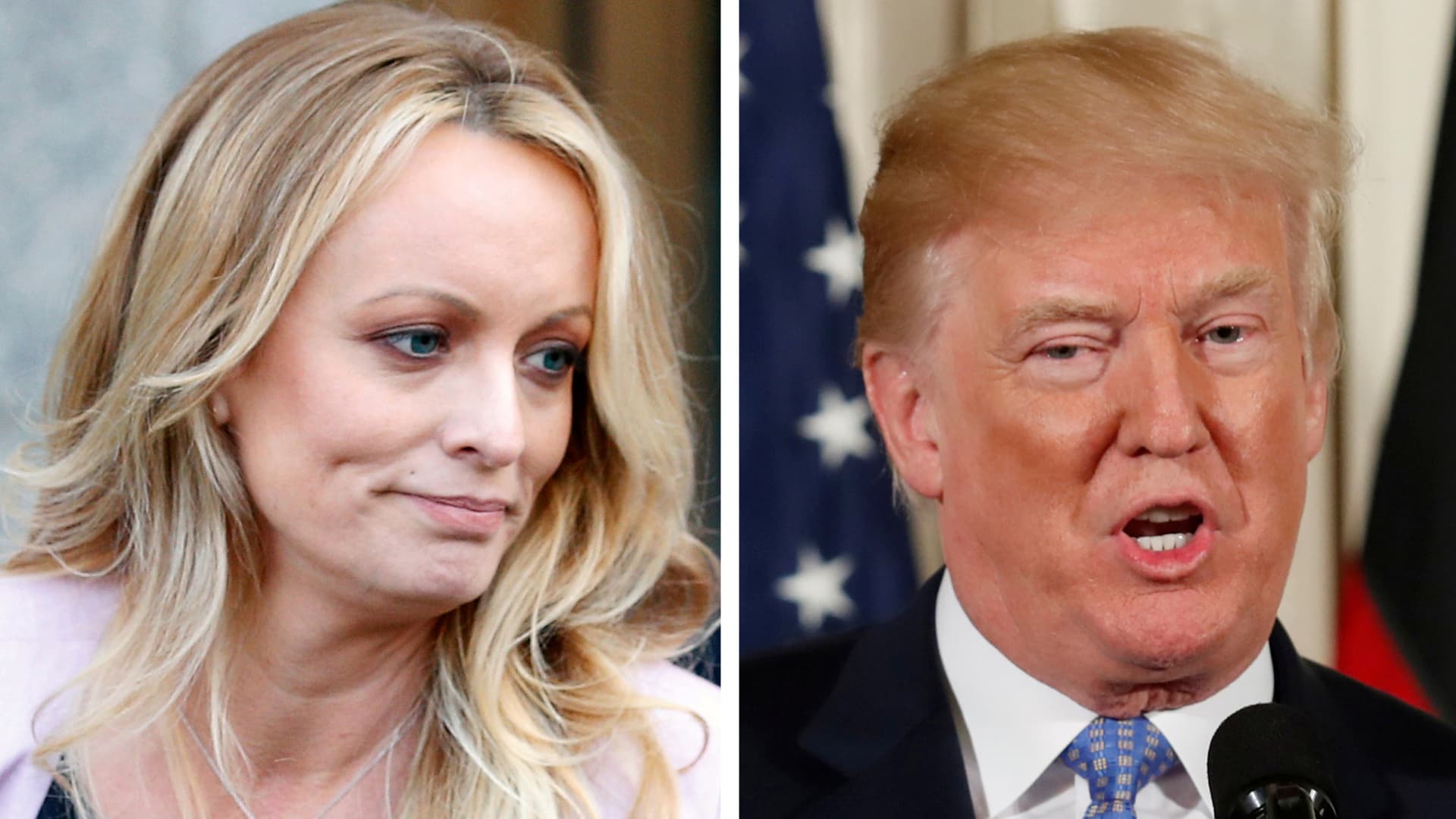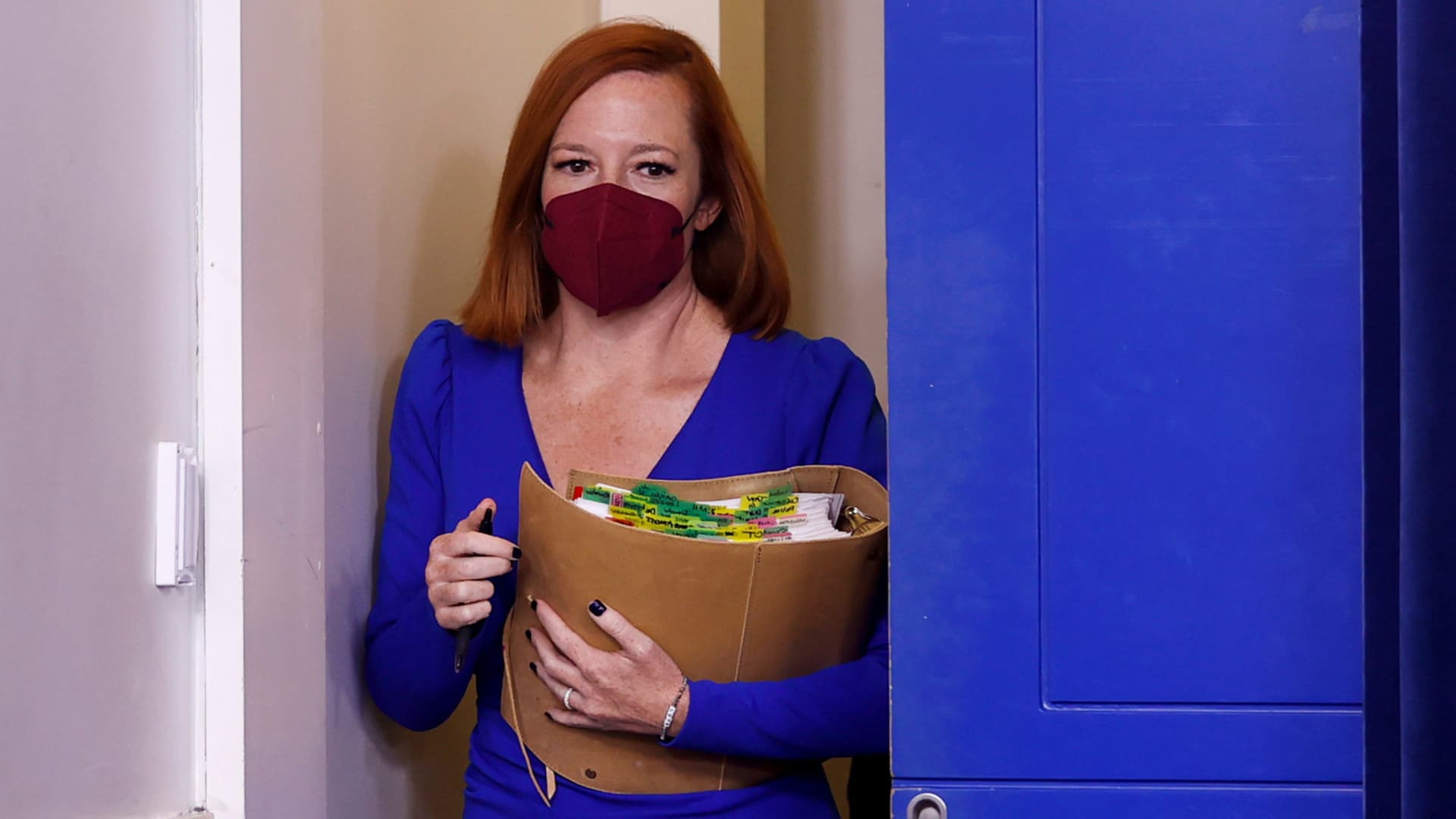Highlights of Tesla CEO Elon Musk's court ruling: Mars, Frankenstein, a self-driving car pun
A Delaware judge voided the $56 billion pay package Tesla gave Elon Musk, CEO of the electric automaker, after finding the company failed to show it was fair.

Elon Musk, chief executive officer of Tesla Inc., during a fireside discussion on artificial intelligence risks with Rishi Sunak, UK prime minister, not pictured, in London, UK, on Thursday, Nov. 2, 2023.
Tolga Akmen | Bloomberg | Getty Images
The bombshell, 200-page Delaware court ruling Tuesday ordering Tesla to undo its massive $56 billion compensation package for CEO Elon Musk features descriptions of a lawyer holding back tears, references to "Frankenstein," Shakespeare, and "Star Trek," and a cringey self-driving car pun.
And then there's a whole section about Mars — the planet — and Musk's belief that he has "a moral obligation" to use his incredible wealth to help colonize it to help "save humanity."
That wealth is on track, barring a successful appeal, to be significantly reduced by a ruling issued by Chancery Court Chancellor Kathaleen McCormick.
Musk wasn't happy about that Tuesday, tweeting, "Never incorporate your company in the state of Delaware."
But McCormick appeared to have some fun writing her decision.
Here are the highlights of McCormick's ruling:
"Was the richest person in the world overpaid? The stockholder plaintiff in this derivative lawsuit says so. He claims that Tesla, Inc.'s directors breached their fiduciary duties by awarding Elon Musk a performance-based equity-compensation Plan.""In the final analysis, Musk launched a self-driving process, recalibrating the speed and direction along the way as he saw fit. The process arrived at an unfair price. And through this litigation, the plaintiff requests a recall.""Delaware courts have been presented with this question thrice before, when more adroit judges found ways to avoid definitively resolving it. This decision dares to 'boldly go where no man has gone before,' or at least where no Delaware court has tread. (Footnote: Star Trek: The Original Series (Paramount Pictures 1968)).""Musk is motivated by ambitious goals, the loftiest of which is to save humanity. Musk fears that artificial intelligence could either reduce humanity to 'the equivalent of a house cat' or wipe out the human race entirely. Musk views space colonization as a means to save humanity from this existential threat. Musk seeks to make life 'multiplanetary' by colonizing Mars. Reasonable minds can debate the virtues and consequences of longtermist beliefs like those held by Musk, but they are not on trial. What is relevant here is that Musk genuinely holds those beliefs.""Colonizing Mars is an expensive endeavor. Musk believes he has a moral obligation to direct his wealth toward that goal, and Musk views his compensation from Tesla as a means of bankrolling that mission. Musk sees working at Tesla as worthy of his time only if that work generates 'additional economic resources . . . that could . . . be applied to making life multi-planetary.'""Tesla and Musk are intertwined, almost in a Mary Shelley ('You are my creator . . .') sort of way. As Kimbal explained, 'Tesla created Elon Musk's persona and Elon Musk's persona is attached to Tesla.' Musk is Tesla's public face, and he describes Tesla as 'my company.' (footnote: See generally Mary Shelley, Frankenstein; or, The Modern Prometheus (Lackington, Hughes, Harding, Mavor & Jones, 1st ed. 1818)""This question of whether Musk controls Tesla has thus proven evasive. It is as good a time as any to run it to ground. And so, "[o]nce more unto the breach, dear friends, once more." with footnote citing the source of that quote: "William Shakespeare, Henry V act 3 sc. 1, lns. 1–2."
 MikeTyes
MikeTyes 
































